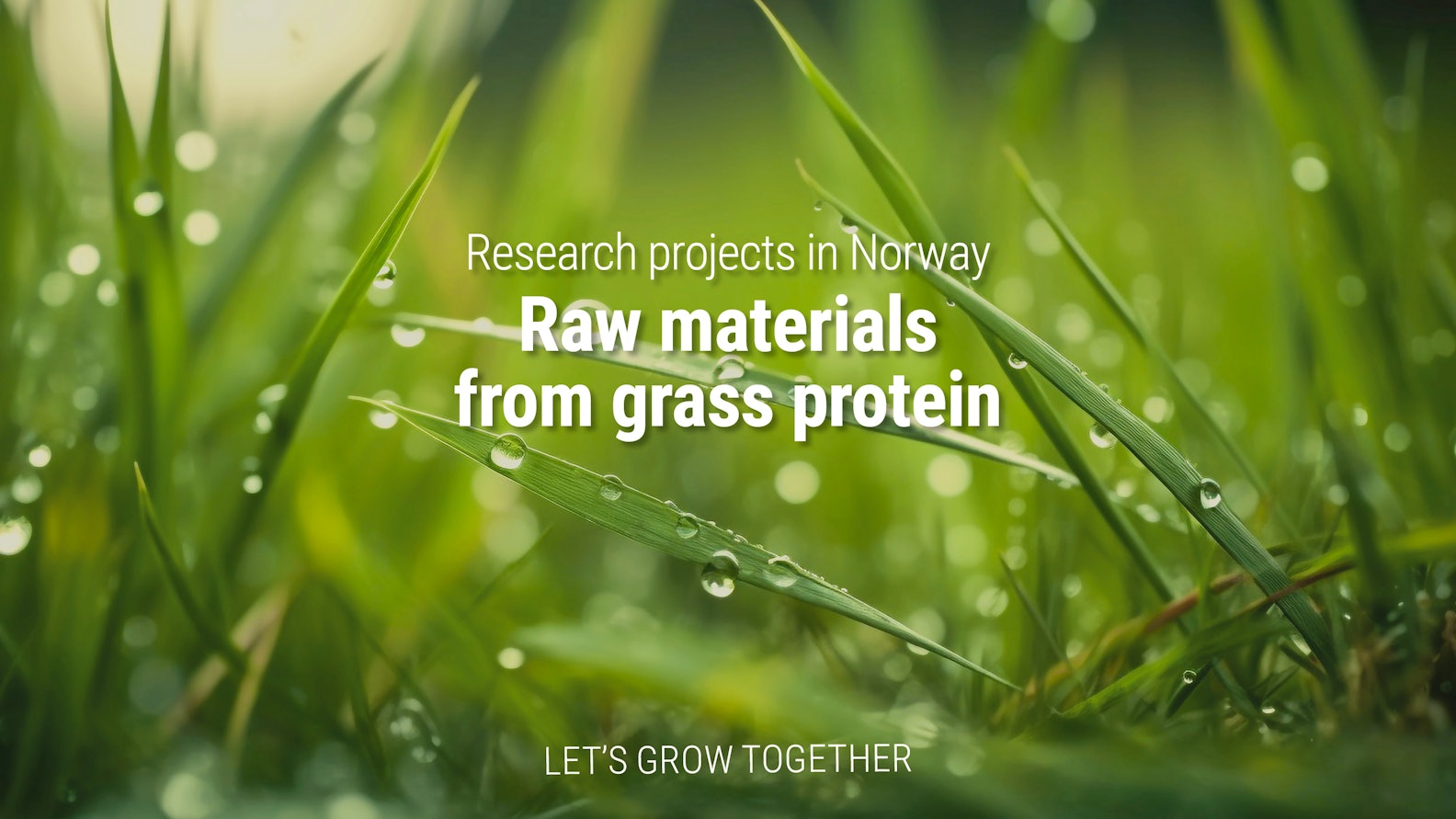为了确保挪威鲑鱼的可持续生产,一种短命的当地草将作为一种新的蛋白质成分加入鲑鱼饲料中,以取代二氧化碳排放量高的大豆蛋白。
R&D Collaborations
分享
项目名称:植物蛋白

关于
挪威研究委员会
爱乐水产与挪威生命科学大学合作开发和优化含有不同比例草蛋白的鲑鱼饲料。实验室和网箱养殖试验将评估鲑鱼在生长周期内的生长、消化率、健康及经济回报率。
饲料是水产养殖业中温室气体排放的最大来源。在挪威,水产饲料中仅有8%的原料来自挪威本土,而进口植物蛋白原料占比高达41%,其中大豆蛋白浓缩物(SPC)是2020年的主要来源。水产养殖业正在通过重新评估饲料原料的使用,朝着可持续发展的方向迈出更大步伐。在挪威,政府已设定了到2030年实现所有水产饲料均来自可持续发展来源的目标。
这要求我们转向新的可持续型原材料,减少温室气体排放,促进更健康的环境。通过朝着这一目标努力,行业不仅为地球的健康做出了贡献,还为所有人确保了一个更可持续的未来。
我们的项目致力于展示草蛋白作为鲑鱼饲料的可行且可持续替代品的巨大潜力。我们很荣幸能够参与这一创新且具有变革性的倡议。
挪威生命科学大学(NMBU)
挪威生命科学大学(NMBU)和爱乐水产